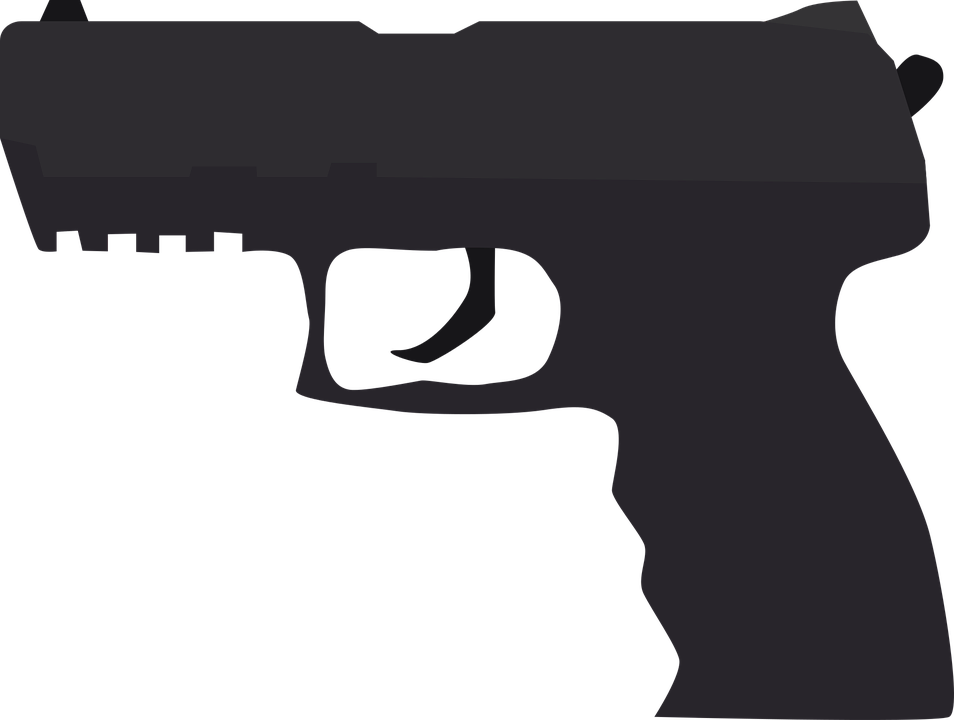White collar crime refers to those criminal offenses that use some form of deception to produce financial gain. These crimes are often committed by business professionals and government employees since they are able to gain access to large amounts of other people’s money. They are typically victimless and do not involve violence, drugs, or overtly illegal…
Murder Manslaughter: Introduction Murder manslaughter are serious charges – charges that often make it to the media when they occur. Because these situations are so widely-reported, most people have some understanding of what murder and manslaughter entail, and can identify that the main difference between the two is intent. However, there are more distinctions as…

Weapons offences are taken very seriously in Ontario and throughout Canada. Conviction on some weapons charges can result in a mandatory three-year jail sentence. If you are charged with a weapons offence, you need a criminal defence lawyer who understands the laws and can effectively defend you against these charges. Southern Ontario Gun Charges Lawyers…

Criminal defendants under the age of 18 are sent to juvenile court. In juvenile court, you will not be tried in front of a jury. Instead, a judge will look at the evidence presented by a prosecutor and reach a decision on whether you have committed the crime. Juvenile courts offer youth offenders many sentencing options,…
Sexual assault is a very broadly defined offence that can include anything from rape to unwanted, unsolicited or uninvited touching of a sexual nature such as the proverbial stolen kiss or grabbing a person’s breasts, genitals or buttocks. The Criminal Code (Section 271) defines sexual assault as any non-consensual touching or other physical contact between two people…
Canadians hear tragic stories every day involving guns! However, we must discuss community change if we are going to stop gun violence! With limited success, government, police, schools and nonprofit groups try to reduce violence with educational programs on child abuse, bullying, drug abuse, domestic violence and gangs as politicians write new gun control laws. These…
When authorities arrest and take a suspect into custody, they typically set bail according to a pre established schedule. There’s no discretion involved—the agency holding the suspect (oftentimes a sheriff’s department) simply sets bail at the amount designated for the alleged crimes. For an example, see this California Bail Schedule. (For information about bail determination in…

The crimes of theft, robbery, and burglary are commonly lumped together because most people believe they involve the unlawful taking of someone else’s property. While theft and robbery are very similar crimes that involve the taking or attempted taking of personal property, burglary is slightly different. Let’s take a look at each of these crimes,…
DUI is an acronym for “driving under the influence.” DWI stands for “driving while intoxicated,” or in some cases, “driving while impaired.” The terms can have different meanings or they can refer to the same offense, depending on the state in which you were pulled over. In any case, DUI and DWI both mean that a driver is…
If you’ve been convicted of driving under the influence (DUI), you should know that in Canada, DUI has been considered a Federal Criminal Offence since 1921. In Canada, the term impaired driving is used when referring to the criminal offence of operating a motor vehicle while under the influence of drugs or alcohol. A DUI offence is…